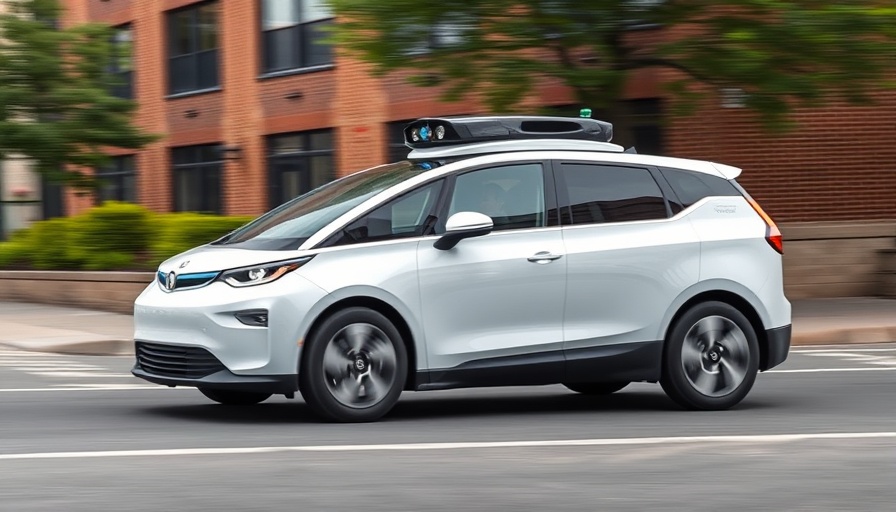
The Growing Tensions Between Technology and Activism
The trending conflicts over technological advancements such as self-driving cars highlight a broader sociopolitical issue in today's digital age. Recently, two Waymo autonomous vehicles were vandalized during a protest in Los Angeles against U.S. Immigration and Customs Enforcement (ICE). This incident not only symbolizes the clash between technology and public sentiment but also underscores the fight for social justice in an era increasingly shaped by technology.
What Led to the Protests?
In the heart of a city filled with innovation, a protest erupted as activists pushed back against perceived injustices tied to immigration laws enforced by ICE. Demonstrators used the vandalism of the Waymo vehicles as a bold statement against the ways that automated technologies can be seen as tools of oppression when aligned with state enforcement policies that many activists oppose.
Implications for the Future of Autonomous Vehicles
The attack on the Waymo cars raises questions about the future of autonomous vehicle technology in areas with high social tensions. While ride-hailing services like Waymo have revolutionized urban mobility, they must also confront societal concerns regarding their role in surveillance, police activity, and systemic inequality. Experts suggest that to foster safe coexistence, companies should engage with community voices to address these heightened anxieties.
Public Perception of Autonomous Vehicles and Social Responsibility
The backlash against the Waymo cars reflects a growing sentiment towards corporate responsibility, particularly in tech. Many consumers now expect companies to take ethical stands against controversial policies that affect marginalized groups. As protests gain visibility, tech companies must evaluate their operational implications and the societal responsibilities they hold.
Learning from the Incident
This incident serves as an important lesson for tech innovators. Engaging with communities, understanding their concerns, and creating inclusive dialogue can prevent conflict between rising technologies and social movements. As robotics and AI become more embedded in our lives, the industry must adapt not only in terms of technology but also in ethics and social awareness.
 Add Row
Add Row  Add
Add 




Write A Comment